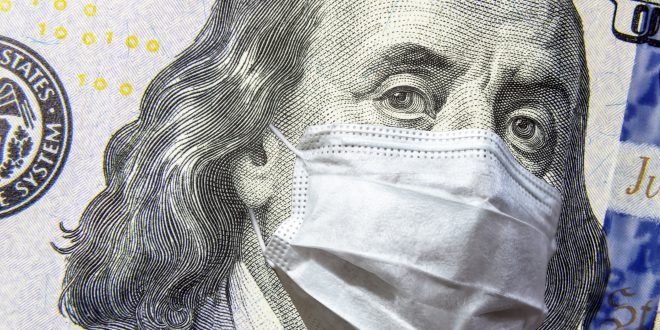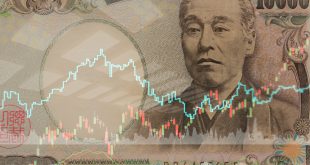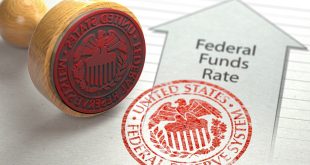A recent note by Goldman Sachs said that the United States and global economies are showing signs of recovery, based on recent reading by the purchasing managers’ indices (PMIs).
After reaching readings as low as 30s in April, the indices are hovering around the 5o reading, which signals expansion in economic activities, with the readings of “in fact consistent with rapid sequential growth,” said the Goldman Sachs report, according to MarketWatch.
“While encouraging, we find it is too soon to tell whether the recovery should be classified as a ‘V’ or a ‘Partial V’, the June PMI levels would be consistent with either.”
The US non-manufacturing services sector activity showed a strong recovery during June, nearing a return to its levels before the COVID-19 pandemic.
The ISM Non-Manufacturing Purchasing Managers’ Index (PMI) for June increased to 57.1, compared to its reading in May at 45.4, and an expected reading of 50.1.
It was the best level for the index in four months.
The Non-Manufacturing Prices Paid Index recorded 62.4 last month, up from 55.6 in the previous month.
The non-manufacturing new orders index registered 61.6, while the sector’s employment index stood at 43.1, up from 41.9 and 31.8 in May, respectively.
Meanwhile, the purchasing managers’ index (PMI) for the manufacturing sector in the United States increased to 52.6 in June, as shown by the data of the Institute for Supply Management (ISM).
This comes after the index recorded 43.1 in May and was expected to register 49.5 and remain in the contraction area, according to market expectations.
The ISM index for new orders reached 56.4, beating the forecasts consensus at 36.1.
Meanwhile, the ISM manufacturing employment index recorded 42.1 for June, compared to its level in May at 32.1. The ISM manufacturing prices paid index reached 51.3 in June, compared to its level in May at 40.8.
In the Eurozone, the purchasing managers’ composite output index (PMI) maintained its recovery for the second consecutive month, recording 48.5 in June, rising by 17 points compared to its level in May at 31.9.
It was as well the best level for the Eurozone index in four months, since the beginning of the coronavirus disease (COVID-19) outbreak.
The index also exceeded its earlier flash reading of 47.5, according to a report by IHS Markit.
However, data shows that the manufacturing output and service sector activity continued to fall in the Eurozone, as the indices remain below the 50-point mark, thus reflecting contraction, despite the improvement compared with previous months.
Moreover, private sector companies in the Eurozone continued to cut staffing levels during June.
The IHS Markit report revealed that the Eurozone PMI Services Business Activity Index continued to recover ground from April’s record low, as it rose in June to 48.3, up from 30.5 in May.
Meanwhile, operating expenses settled across the Eurozone last month, due to falling input prices for manufacturers, but that was offset by higher employment expenses for service providers.
“An improvement in business sentiment meanwhile adds to hopes that GDP growth will resume in the third quarter,” the report highlighted.
President of the Federal Reserve Bank of Dallas, Robert Kaplan, has called for increased use of face masks across the United States to combat the spread of the COVID-19 crisis.
“While monetary and fiscal policy have a key role to play, the primary economic policy from here is broad mask wearing and good execution of these healthcare protocols,” Kaplan said in a TV interview, as quoted by Bloomberg.
“If we all wore a mask it would substantially mute the transmission of this disease and we would grow faster. We would have a lower unemployment rate. We would grow faster and would be far less likely to slow some of our reopenings. But we’ve been uneven so far on mask wearing.”
In Britain, Bank of England Governor Andrew Bailey said on Monday that the country is experiencing signs of an economic recovery. However, there is still a long way to go and emphasized employment worries.
 Noor Trends News, Technical Analysis, Educational Tools and Recommendations
Noor Trends News, Technical Analysis, Educational Tools and Recommendations




